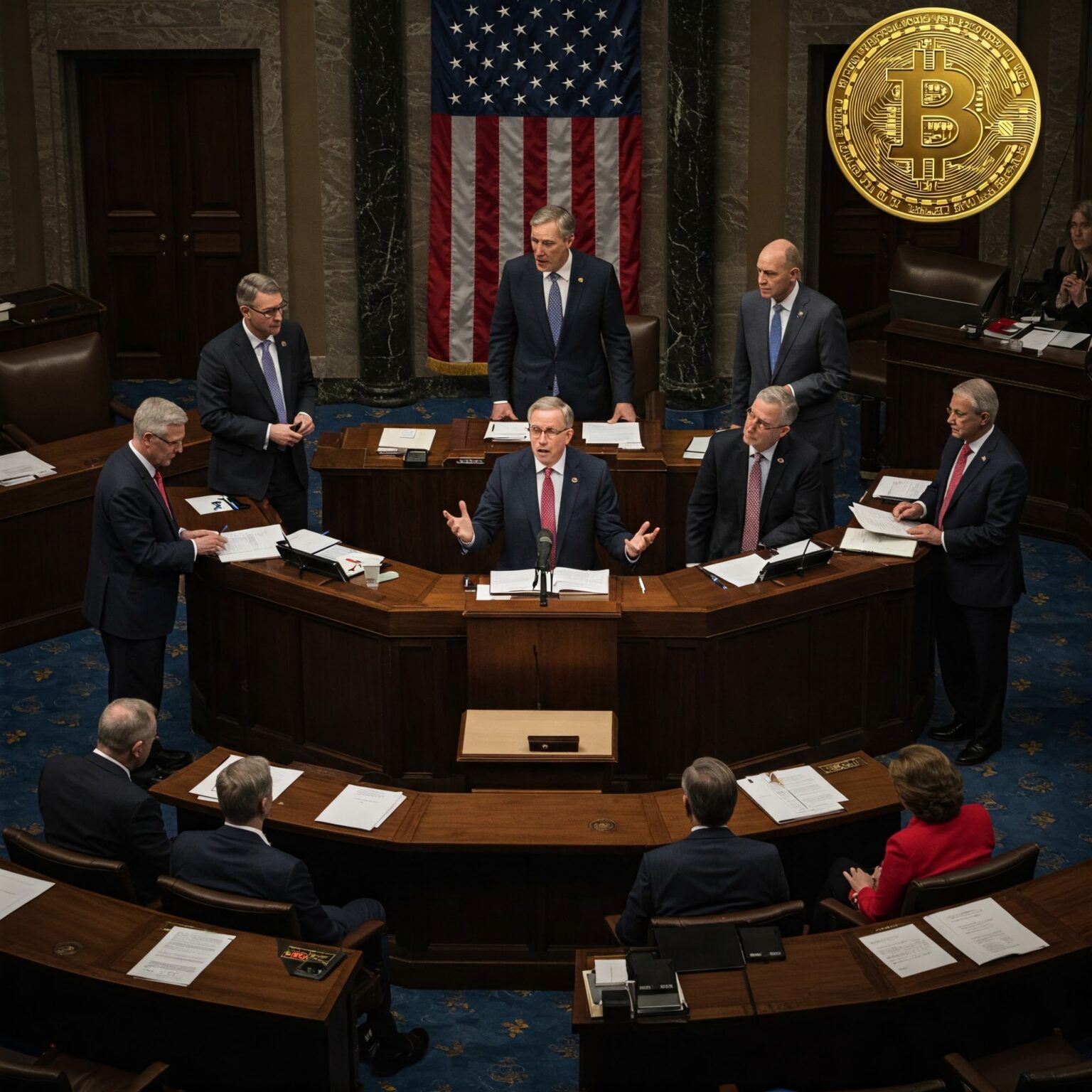Distinguished state legislator, Jeremy Miller of Minnesota, has introduced a groundbreaking piece of legislation aiming to facilitate the investment of public funds in Bitcoin and other cryptocurrencies. This proposed law, christened the Minnesota Bitcoin Act, illustrates a dramatic turning point in Miller’s previously displayed skepticism towards digital currencies.
The Transition from Skepticism to Advocacy
On March 18, Miller issued a public statement where he confessed his evolved viewpoint on cryptocurrency. Starting as an ardent skeptic, he has now become a staunch believer in Bitcoin and other digital currencies after conducting rigorous research. He urged Minnesota to join an increasing cadre of states recognizing the potential of cryptocurrency investments. As per Bitcoin Laws, already 23 states have ushered in bills to establish Bitcoin reserves.
The proposed bill, if passed, will authorize the Minnesota State Board of Investment to allocate state funds into Bitcoin and other cryptocurrencies, marking them as traditional investment assets. State employees would also benefit, receiving the opportunity to include cryptocurrencies in their retirement accounts. This move will provide them with greater autonomy over their long-term savings options.
Cryptocurrencies: A Promising Investment Avenue
Based on documented reports, Bitcoin has demonstrated a significant performance advantage over regular investments. Data from Curvo highlights that between August 2011 and January 2025, Bitcoin showcased a compound annual growth rate surpassing 100%, while the S&P 500 registered growth of a mere 14% in the same interval. As of the present day, the market capitalization of cryptocurrencies is a robust $2.69 trillion.
Potential Tax Benefits of the Minnesota Bitcoin Act
The Minnesota Bitcoin Act also envisions citizens enjoying the flexibility to use Bitcoin for payment of state taxes and fees. Currently, governmental services in Louisiana accept cryptocurrencies, while Colorado and Utah permit tax payments in digital currency.
Implications for Investors
The bill promises another vital benefit – the exemption of Bitcoin and other cryptocurrencies’ investment gains from state income taxes. For investors residing in Minnesota, this could translate into substantial savings. Presently, the state and local tax deductions permit allowances up to $10,000.
Parallel Federal Efforts Underway
The drive for widespread cryptocurrency adoption is not confined to state governments. Senator Cynthia Lummis has been championing similar federal legislations. The first proposal for the Strategic Bitcoin Reserve Act emerged in July, seeking to direct the federal government to purchase 1 million Bitcoin annually over five years, totalling 200,000 Bitcoin.
The Current Cryptocurrency Landscape
The introduction of Miller’s bill coincides with soaring Bitcoin prices, signalling that investors continue to maintain their faith and comfort with Bitcoin, despite its recent price volatility. During the study, Bitcoin was trading at an impressive $83,350.
FAQs
What is the Minnesota Bitcoin Act?
The Minnesota Bitcoin Act is a proposed legislation that aims to enable the state to invest public funds in Bitcoin and other cryptocurrencies. It also plans to allow citizens to use cryptocurrencies to pay for state taxes and fees.
How can the Minnesota Bitcoin Act benefit state employees?
If passed, the Minnesota Bitcoin Act would allow state employees to include cryptocurrencies in their retirement accounts, granting them increased control over their long-term savings.
What is the current market capitalization of cryptocurrencies?
As of the latest data, the total market capitalization of all cryptocurrencies stands at $2.69 trillion.
Is it legal to pay taxes with Bitcoin in the US?
Some states in the US such as Louisiana, Colorado, and Utah already allow payment of taxes and fees with Bitcoin, and the Minnesota Bitcoin Act aims to add Minnesota to that list.
This comprehensive guide to the Minnesota Bitcoin Act offers a profound understanding of its implications, potential benefits, and its alignment with the current market trend. The following FAQs provide additional insights, empowering readers to make well-informed decisions.

